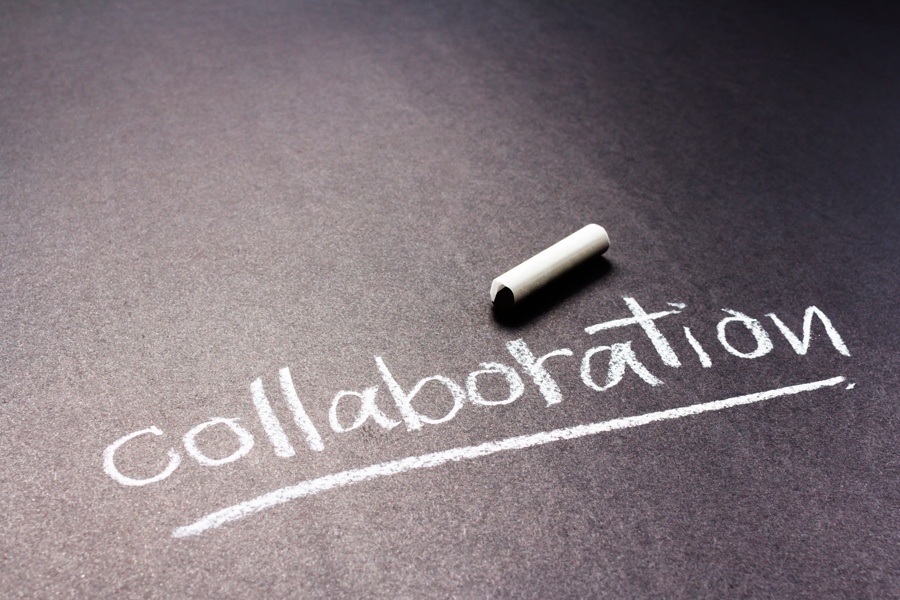Engagement is the new management mantra. The labour market seems to have now woken up to this fact. A good number of organizations are beginning to take a closer look at how to attract and keep their employees through engagement. Even companies that felt the financial squeeze in their markets are concerned about engagement management which tends to be put on the back burner during economic downturn.
Activating and of course, keeping up engagement is now clearly well established to be one of the key goals of any self-respecting organization. As everyone knows, engagement is the valuable treasure that makes a professional give of his best, pledge himself to the cause, and spare no efforts to achieve whatever he proposes. However you look at it, most logically companies are rushing to manage this prized treasure.
In these modern liquid times of dynamic uncertainty and volatility that marks the 21st century, the changes have been so great to wonder whether engagement can be approached from the same angle and perspective as before. Each organization will have to draw their own conclusions; however it’s perhaps time to rethink engagement management by taking into account other perspectives.
Freedom…in terms of openness
In liquid times where uncertainty is the norm, the lesson that nothing is forever has already been learnt, so managing engagement by forking out money and benefits programmes is clearly a sterile formula. Engagement was never a matter of money and now even less so. Any person always commits to what he really wants to commit to, to what his will dictates—over and above corporate programmes and dangling carrot tactics. Organizations must learn this maxim and devote time and resources to allow their professionals to express themselves freely in what they excel and wherever they want to devote their energy. It is more decisive than ever to allow many more professionals to further reinforce self-knowledge and to express themselves openly and freely in the project or area where they want to develop their activity. This freedom to choose beyond straight-jacketed job descriptions will be what really makes them go further and to commit themselves to what they have chosen to do.
Perhaps it’s time to understand that encouraging self-knowledge and providing the option to freely choose what to do is one of the simplest and yet most powerful mechanisms to foster engagement in terms of openness.
Equality… in terms of community
Equality is closely related to freedom. Any approach to engagement management from the perspective of segmentation and class culture is not enough under circumstances where each professional and their inputs contribute equally, and where the whole is increasingly much more important than the separate parts. We live in a fast-moving age with deeply differentiated knowledge spread among professionals, so pulling them together into a collective group becomes more indispensible than ever. Every member of the organization should see more than ever that everyone plays under the same conditions as the others. That’s why engagement is a collective issue; the group acquires meaning when “play” is on equal terms, when the common good is put before individual interests.
Perhaps it’s time to understand that to activate engagement among ALL individuals; we must talk about equality in terms of community…
Fraternity … in terms of cooperation
In this new modern age dominated by a highly liquid and complex talent market, engagement emerges and becomes sustainable when the prevailing organizational culture invites cooperation and collaboration. Companies cannot afford the luxury of egoism and self-interest based on “Me, myself and I”. Instead when selfless assistance is encouraged in an organization, it is much more likely each professional engages with the peer next to him. Moreover when someone is backed by engagement within his environment, his own becomes stronger. That’s why engagement in a company cannot be understood in the 21st century, if it isn’t through promoting collaboration in a natural and unforced way. This will occur when organizations understand that one of the levers for activating engagement is generating cultures based on cooperation.
Perhaps it’s time to understand that the most reliable engagement comes about when each professional commits to the other members of the organization, in short, when engagement is interpreted in terms of collaboration…
Companies are undertaking an interesting journey today. The dynamics of a new liquid era urgently require activating and sustaining engagement. But to do it properly, it is necessary to question some paradigms and take a critical look at the processes in which HR has mostly concentrated their efforts to enhance employee engagement.
Perhaps now is the best time to grasp once and for all that, either there is engagement or there’s none. Having it or not, increasingly depends on interpreting freedom in terms of self-knowledge and choice, giving meaning to the collective by making each person count just like the others, and fully reinforcing the collaboration culture throughout the organization. Undoubtedly this is another major challenge for organizations to address in their culture, talent and people areas. Three keys, “Liberty, Equality and Fraternity”… or the engagement management revolution through openness, community and collaboration…






